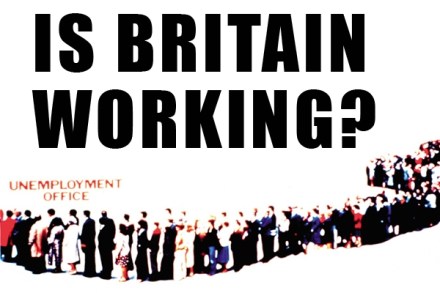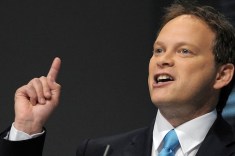Margaret Thatcher’s funeral was the right funeral
Today was a moment in our island story. The longest serving Prime Minister of the 2oth century was laid to rest with due ceremony. Watching the coffin move down to St Paul’s and the service itself, I was struck by how right it was that it was a ceremonial funeral. A private affair would not have done justice to the legacy of our first, and only, female Prime Minister. It was noticeable that the much talked-about protests along the route failed to materialise. But it should be stressed that today’s service was not a political affair. The eulogy was not about her policies but her faith and her understanding of





















